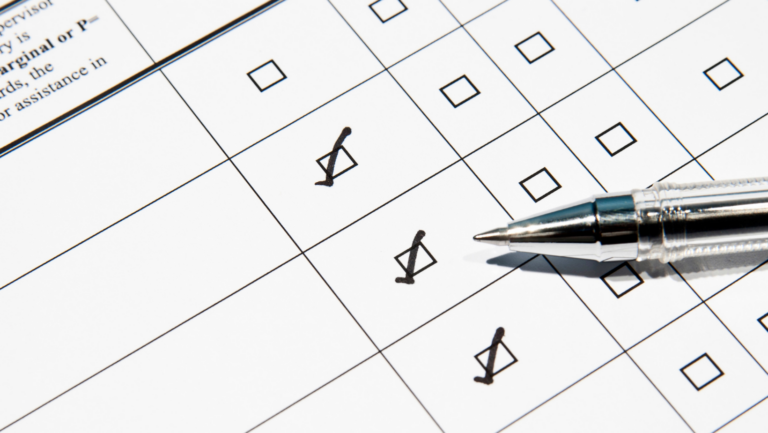
2018 National Survey Reveals Key Insights on US Gambling Attitudes and Behaviors
The National Survey on Gambling Attitudes and Gambling Experiences (NGAGE 1.0) conducted in 2018 provides comprehensive insights into American gambling behaviors before the widespread legalization of sports betting.
Key Survey Findings:
- Gambling is widely popular, with most participants engaging in multiple betting activities (average: 3 different types)
- Legal restrictions have minimal impact on gambling participation
- Lottery is the most common form, with 66% of respondents making purchases in the past year
- Most gamblers report no negative consequences
- Young adults and sports bettors show higher risk for gambling-related problems
- Significant public misconceptions and stigma exist around problem gambling

Magnifying glass analyzing dashboard data
Research Significance:
- First major national gambling study since 1999
- Conducted when legal sports betting was limited to Nevada and New Jersey
- Provides baseline data before widespread sports betting legalization
- Includes state-specific analyses and national trends

Checklist with multiple marked checkboxes
Policy Implications: The study emphasizes the need for collaborative efforts between governments, the gambling industry, and service providers to:
- Implement harm reduction policies
- Address problem gambling
- Support responsible gambling practices
- Develop effective treatment programs
Research Methodology: NCPG partnered with Ipsos to conduct this comprehensive national consumer study, examining various gambling forms and their prevalence rates.

Person gambling on mobile phone
Note: This survey is not a study of gambling addiction prevalence but rather a broader examination of gambling attitudes and experiences in the United States.
Related Articles

National Survey Reveals Trends in US Gambling Attitudes and Behaviors (NGAGE Study)

